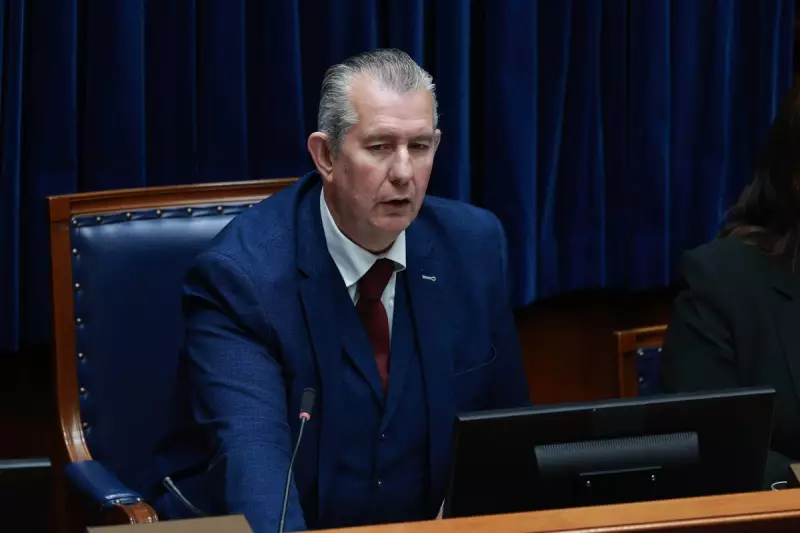
The Northern Ireland Assembly remains in political deadlock after Speaker Edwin Poots rejected a recall attempt, deepening the constitutional crisis that has left the region without a functioning government.
Speaker Blocks Recall Motion
In a move that has intensified political tensions, Assembly Speaker Edwin Poots declined to recall the devolved legislature despite mounting pressure. The decision comes as the Democratic Unionist Party (DUP) continues its boycott of power-sharing institutions in protest over post-Brexit trading arrangements.
First Minister Position Remains Vacant
The political impasse means Michelle O'Neill of Sinn Féin, whose party emerged as the largest in May's election, cannot assume the role of First Minister. Under Northern Ireland's power-sharing agreement, the positions of First and deputy First Minister operate as a joint office, requiring representation from both unionist and nationalist communities.
DUP's Brexit Protocol Stance
The Democratic Unionist Party has maintained its firm position that it will not return to power-sharing until significant changes are made to the Northern Ireland Protocol. The party argues the post-Brexit arrangements threaten Northern Ireland's place within the United Kingdom and have created economic barriers with Great Britain.
Growing Pressure for Resolution
Other political parties, including Sinn Féin, the Alliance Party, and the SDLP, have been increasingly vocal in their calls for the Assembly to be restored. The ongoing stalemate comes at a critical time, with the cost-of-living crisis and other pressing issues requiring governmental attention.
What Happens Next?
The Secretary of State for Northern Ireland may face increasing pressure to intervene if the deadlock continues. Options include calling fresh elections or implementing further legislation to address the political vacuum, though both approaches carry significant political risks.
The situation represents one of the most serious challenges to Northern Ireland's devolved institutions since the suspension of the Assembly between 2017 and 2020, raising concerns about the stability of the power-sharing agreement that has governed the region since the Good Friday Agreement.





